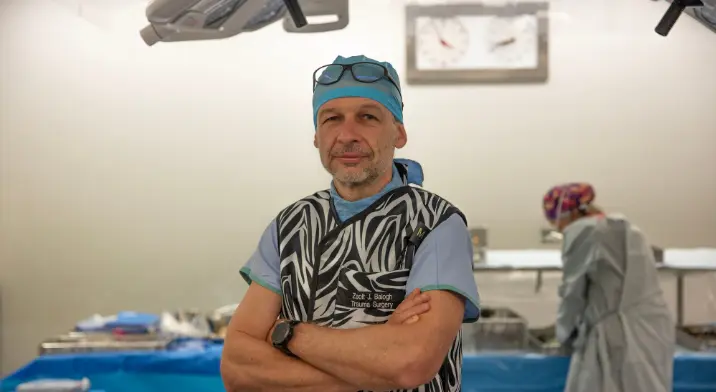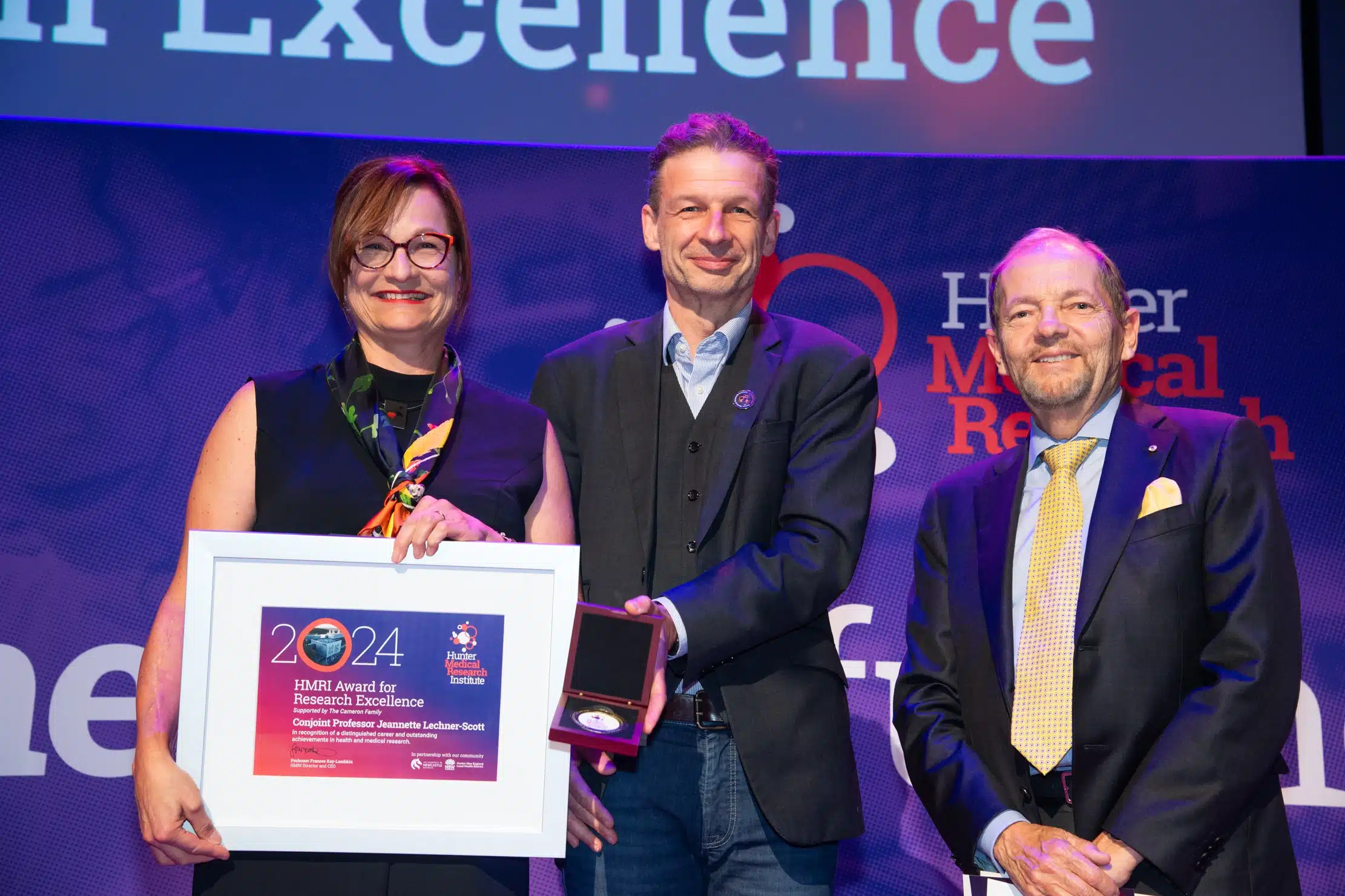Dr Emily Hoedt is a microbiologist with expertise in microbiome/metagenome analysis and interpretation. Her research experience includes microbiome studies within gastroenterology, probiotic development and microbial/food bioreactors.
She was awarded a BBioTech Hons I and PhD in Microbiology Biotechnology by the University of Queensland, Australia in 2017. Her PhD studies focused on the functional and comparative study of heterotrophic methanogens from different gastrointestinal environments. The project received funding through an Australian Postgraduate Award in addition to an industry top-up scholarship from Meat and Livestock Australia.
In 2018, Dr Hoedt relocated to Ireland to pursue an Academic-Industry collaborative project conducted at APC Microbiome Ireland. Her role as the lead Postdoctoral Researcher required her to plan, manage and liaise with the industry partner for the successful completion of the project. This work encompassed the molecular interrogation (in silico and in vitro) of bifidobacterial strains as well as assessing potential host and microbiota (mouse model) benefits during gastrointestinal distress (antibiotic and/or pathogen) in order to determine the commercial viability of the bifidobacterial strains as a probiotic product.
During her career, Emily has developed a refined set of skills for the computational analysis of isolate microbial genomes as well as complex 16S/metagenomic datasets.
Emily has published on various microbiological driven studies, examples include the isolation and characterisation of novel microorganisms, pan-genomic analysis of microbial isolate and shotgun recovered genomes, and microbiome shifts in response to different dietary fibre types in bioreactors. She has collaborated on a wide variety of projects outside her appointed roles in order to provide computational support and as such is listed as a contributing author on associated publications in leading microbiological and molecular biology research journals.
Dr Hoedt now works The University of Newcastle, Australia as a member of the Centre of Research (CRE) in Digestive Health team, here she oversees all aspects of microbiome research conducted by the CRE.













